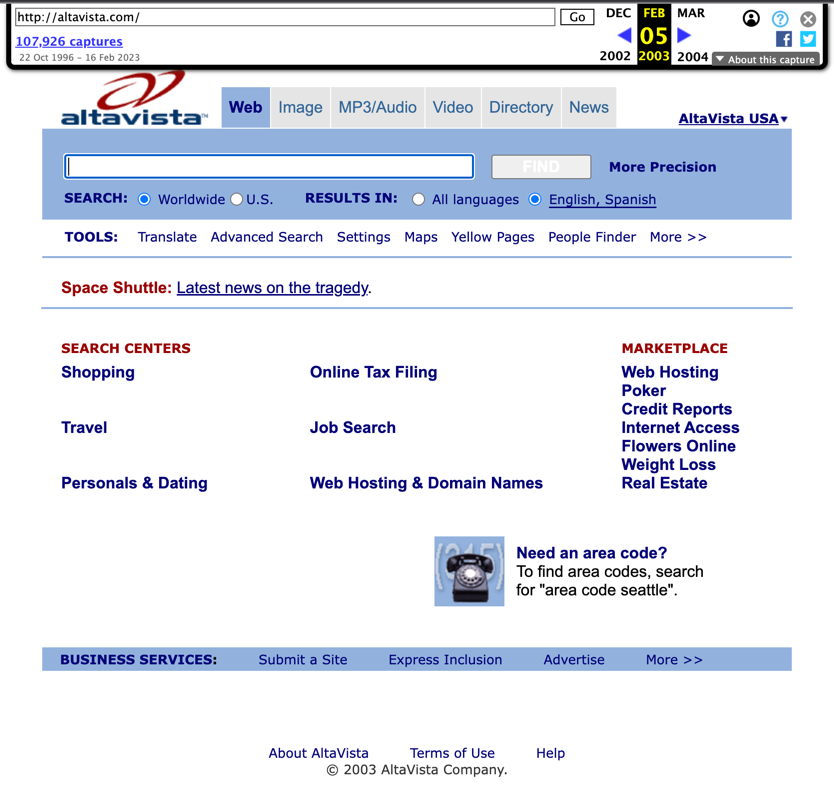Internet Never Forgets
As a DevOps Engineer, you understand the importance of delivering high-quality software products quickly and efficiently. However, the speed and efficiency of delivery must be balanced with security considerations, especially in a world where the Internet never forgets.

The Internet has a long memory, and the information you post online will remain accessible for years to come. This is due to the constant work of search engine bots, which continuously crawl the web, and public archives, which serve as historical records, preserving important data for future generations.
One of the technical aspects of this permanent storage of information is public archives. These archives serve as historical records, preserving important data for future generations. Public archives are usually managed by organizations, institutions, or governments, and examples include the Internet Archive and the Wayback Machine.

The mission of the Internet Archive is to provide "universal access to all knowledge." The Wayback Machine, as part of the Internet Archive, serves as a digital archive of the internet, preserving web pages and other digital content to provide access to the historical evolution of the web. Its mission is to make the web's history and evolution accessible to everyone, now and in the future.
Search engine bots and public archives continuously preserve information posted online, making it essential to take the necessary steps to protect your web-based startup's MVP and sensitive information. A premature launch could result in a loss of competitive advantage, and sensitive information could be vulnerable to malicious use.
Potential consequences
The potential negative consequences of neglecting security in the development and release of products are numerous and can be devastating.
Firstly, premature launches can result in a loss of competitive advantage, as sensitive information about the product or service can be prematurely exposed. This can also result in a loss of trust from potential customers, damaging the reputation of the startup.
Secondly, unsecured sensitive information can be vulnerable to malicious use, such as hacking or theft, leading to loss of data and financial damage. Furthermore, security breaches can result in legal and regulatory consequences, such as penalties and fines.
These consequences can be costly and time-consuming to mitigate and can severely impact the success and longevity of the startup. Therefore, it is imperative to prioritize security in the development and release of MVPs to avoid these potential negative consequences.
Security measures
To minimize the risk of these consequences, it's important to implement proper security measures in the development and release of your product. This includes:
- Conducting thorough testing and security audits: Before launching your product, it's important to conduct thorough testing to identify any vulnerabilities. This includes conducting penetration testing, code reviews, and other security assessments.
- Implementing access controls and encryption: Access controls and encryption can help protect sensitive information and prevent unauthorized access. This includes implementing multi-factor authentication and using encrypted communication protocols. Especially, for non-production environments (e.g. development, staging).
- Monitoring and responding to security incidents: It's important to have a plan in place for responding to security incidents, including regular monitoring and threat assessments. This can help quickly identify and respond to any potential security breaches.
In conclusion, the Internet never forgets, and this is due to a combination of public archives, search engine bots, and caching technology. While this has many positive benefits, such as easy access to historical information and the ability to preserve digital memories for future generations, it is important to be mindful of the potential negative consequences and take proper security measures to protect sensitive information.